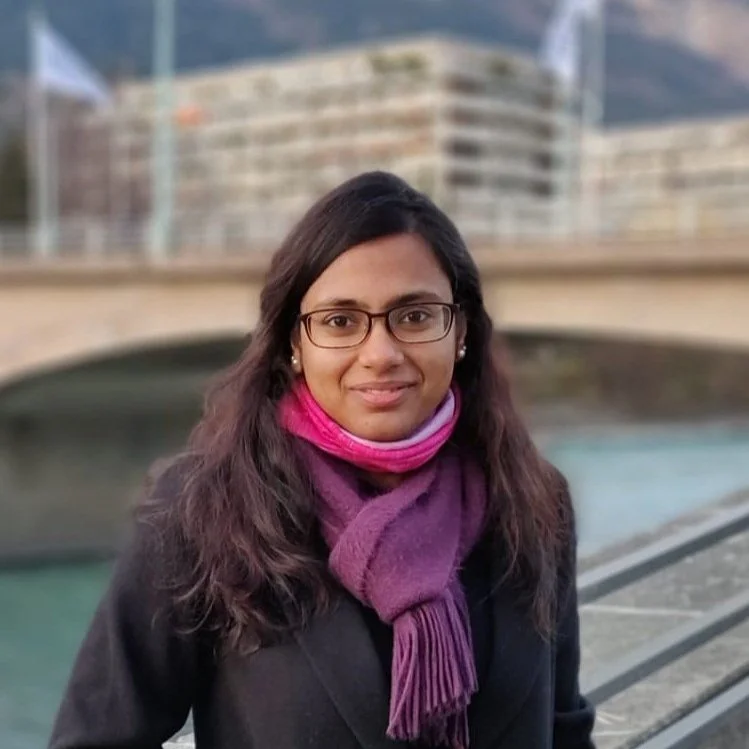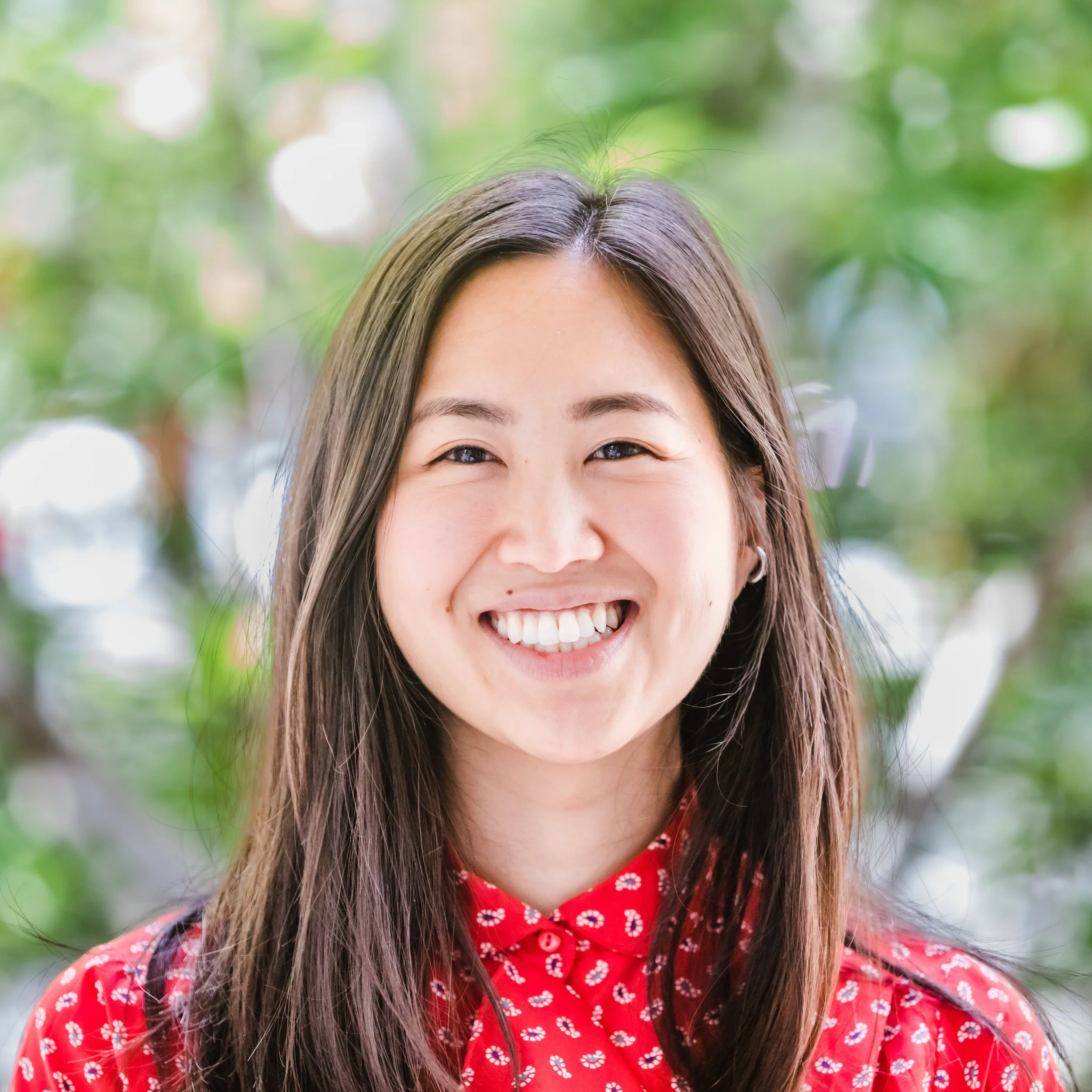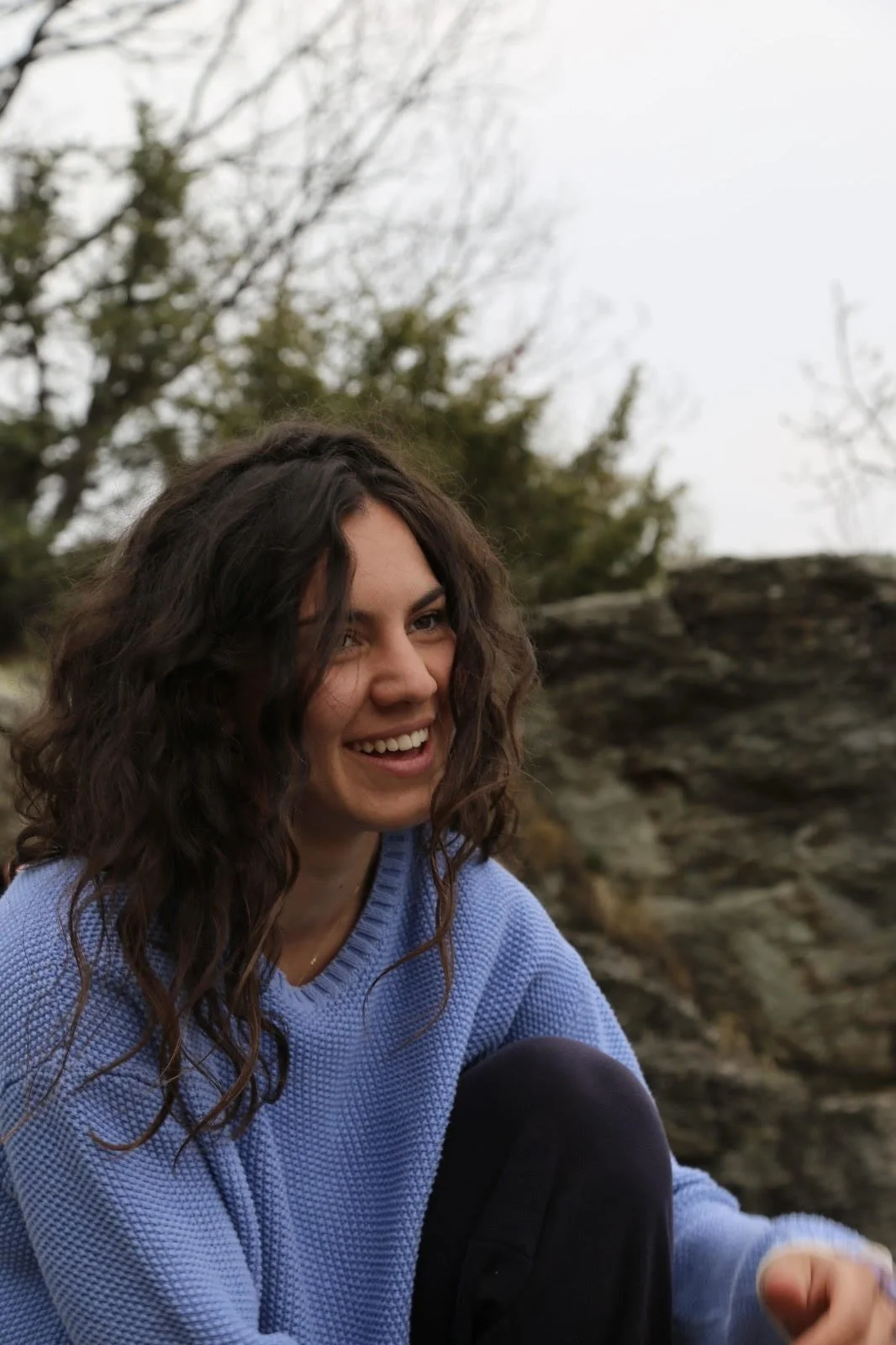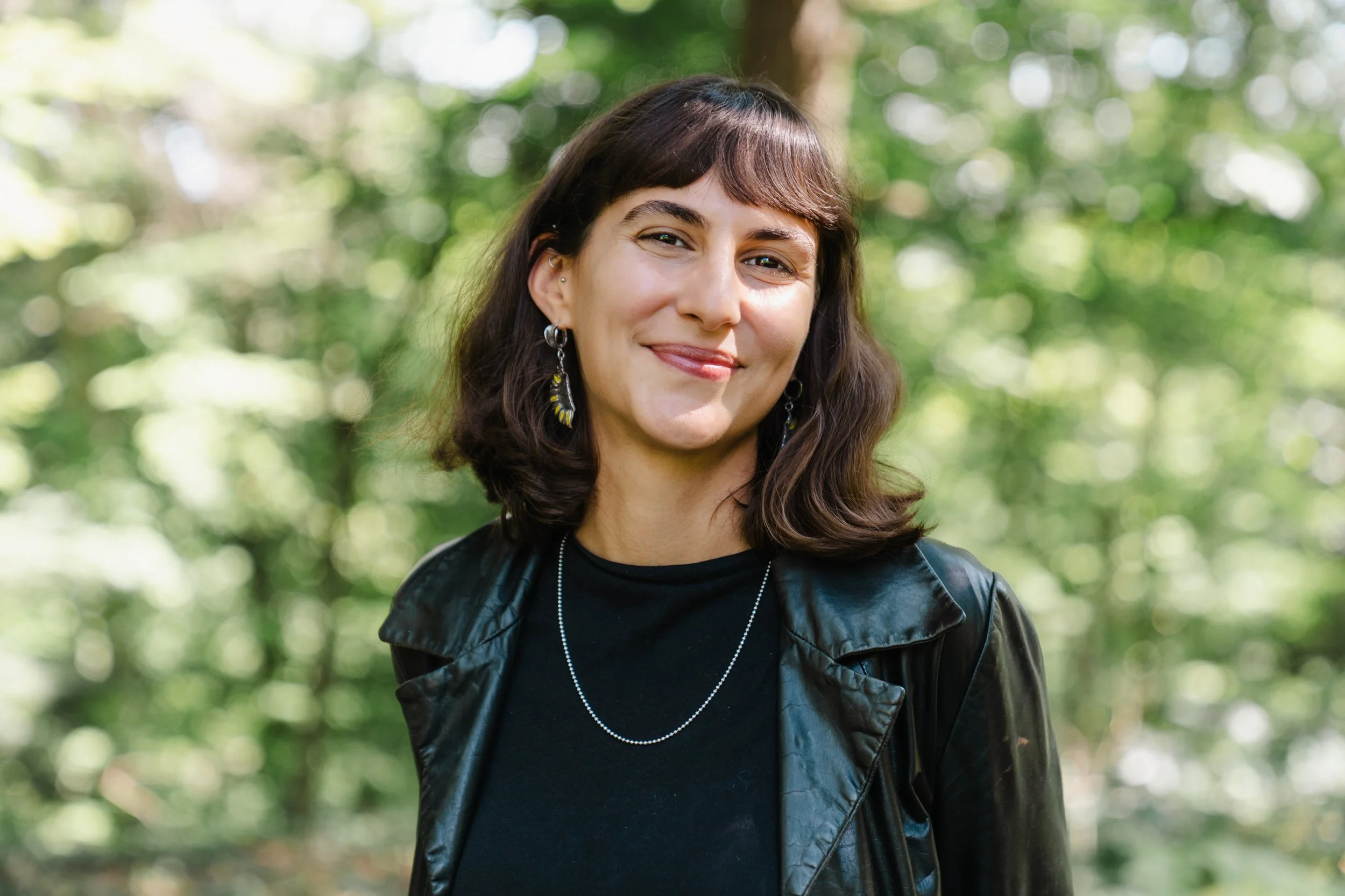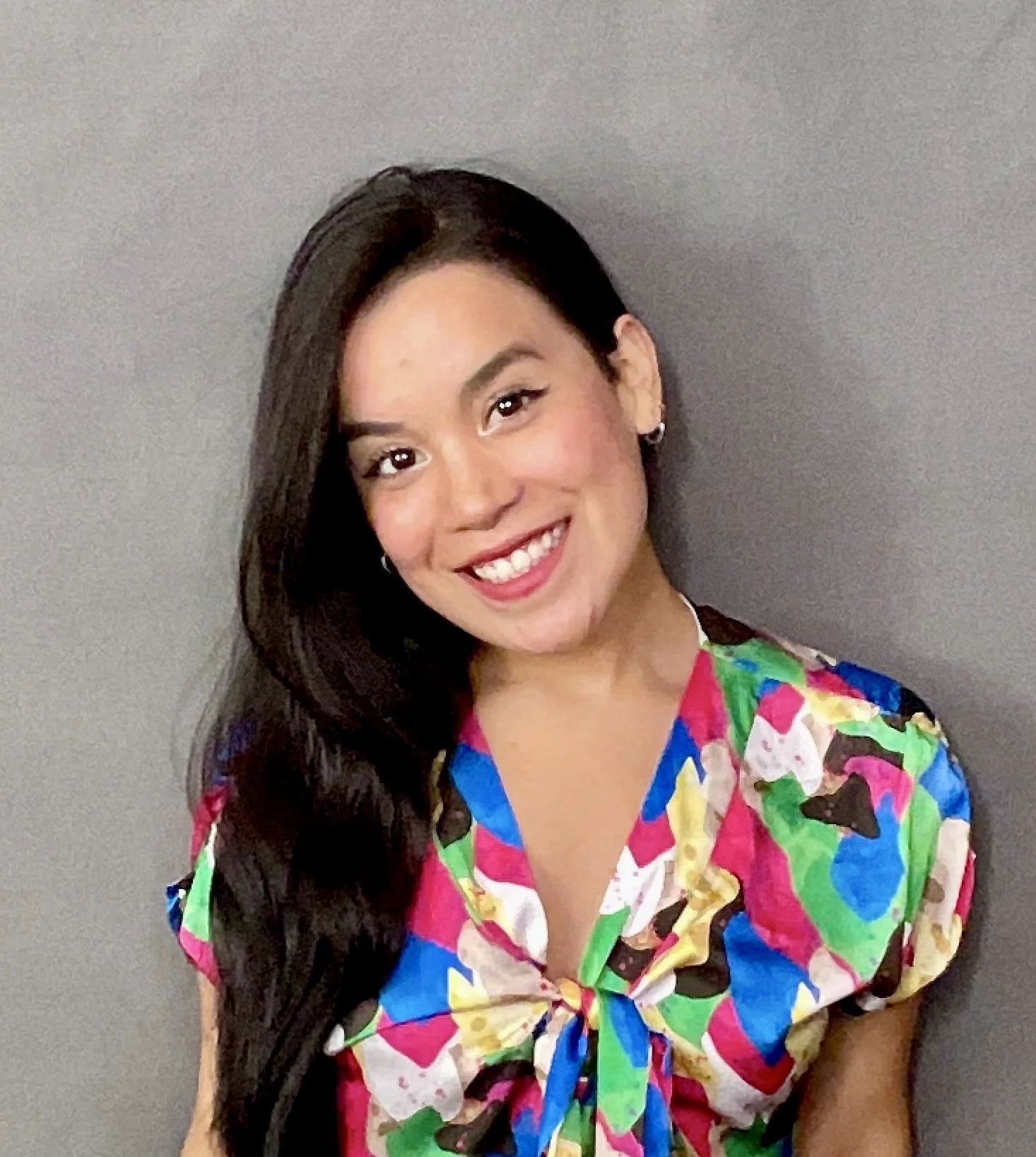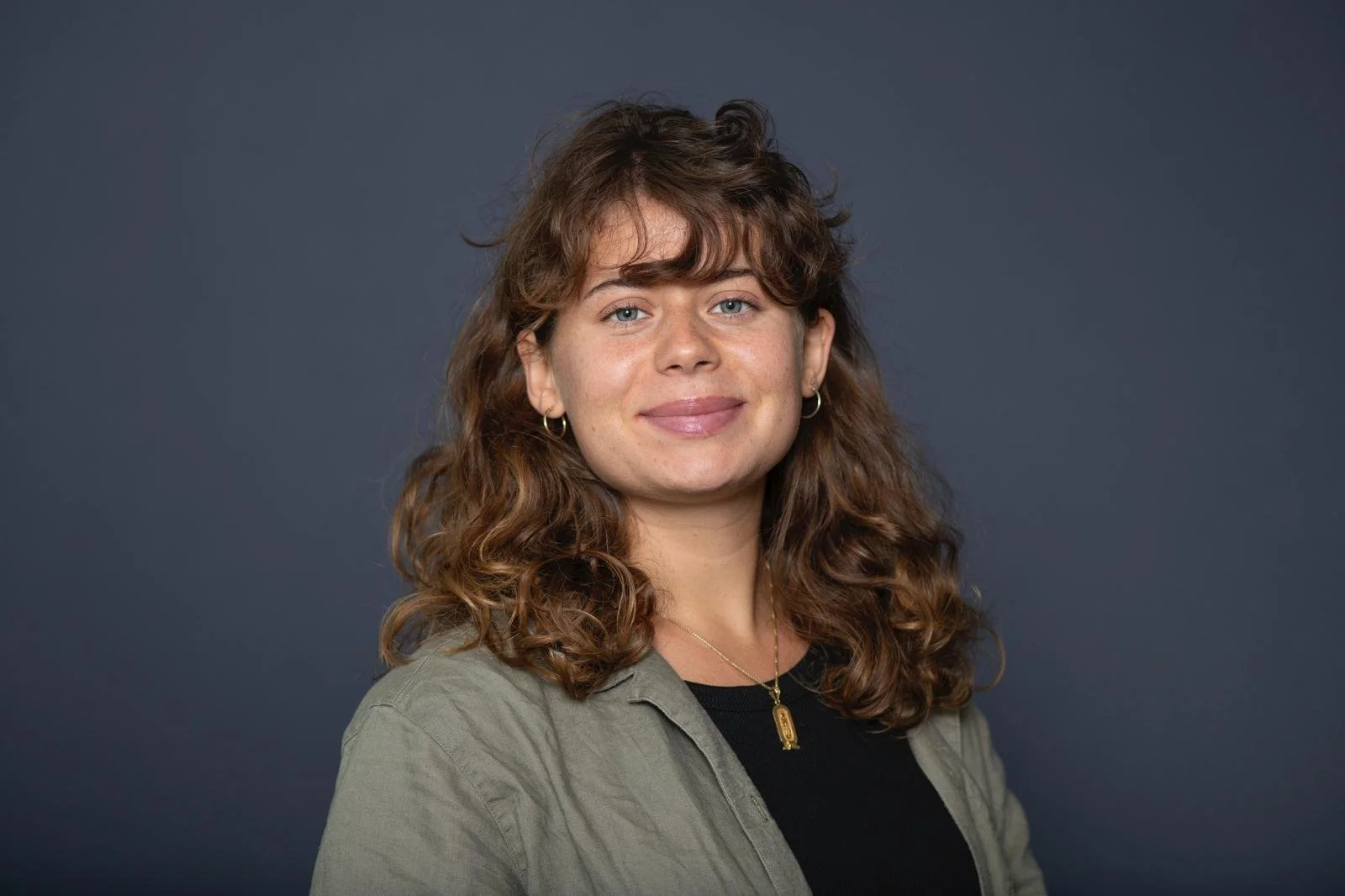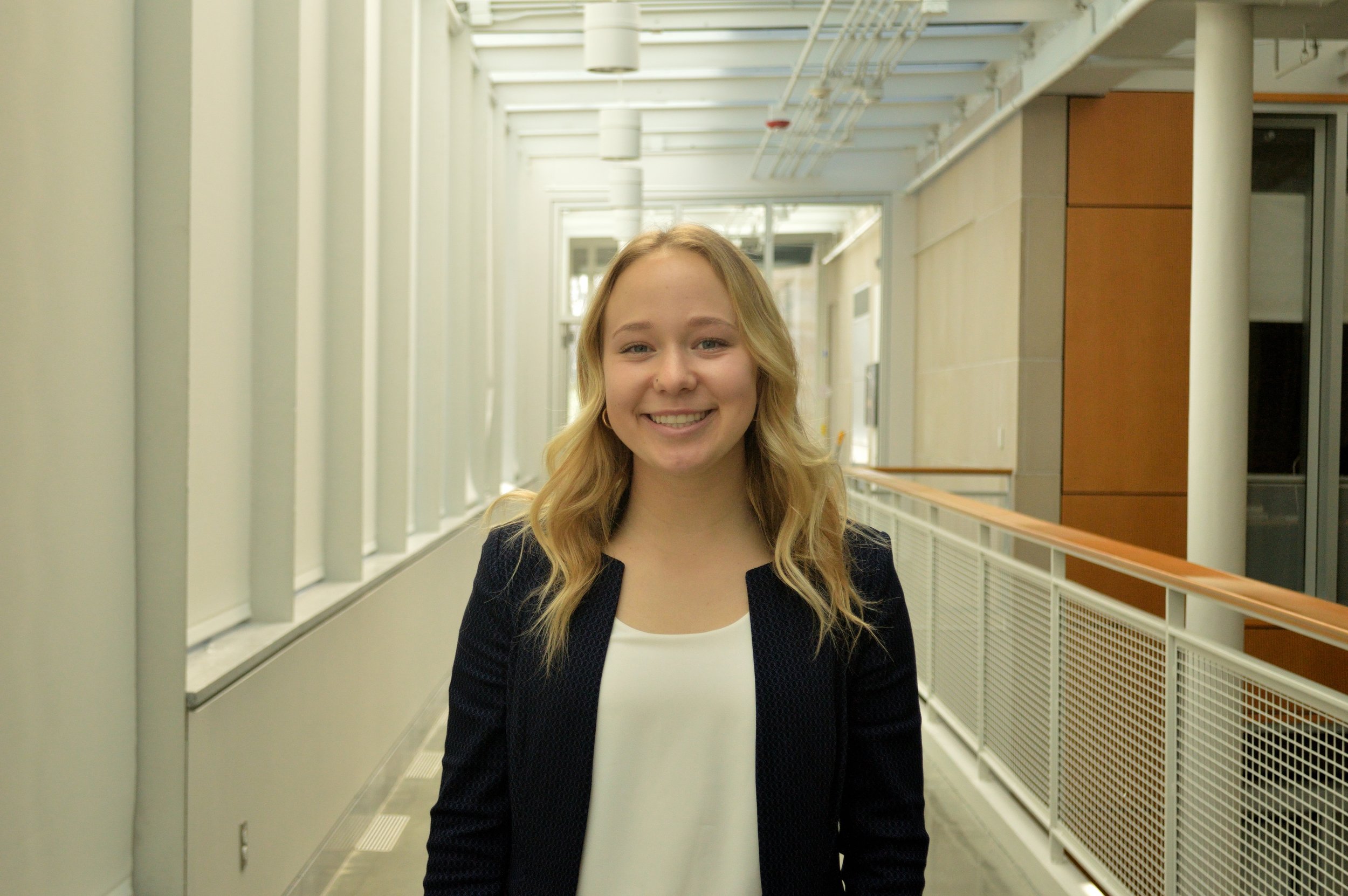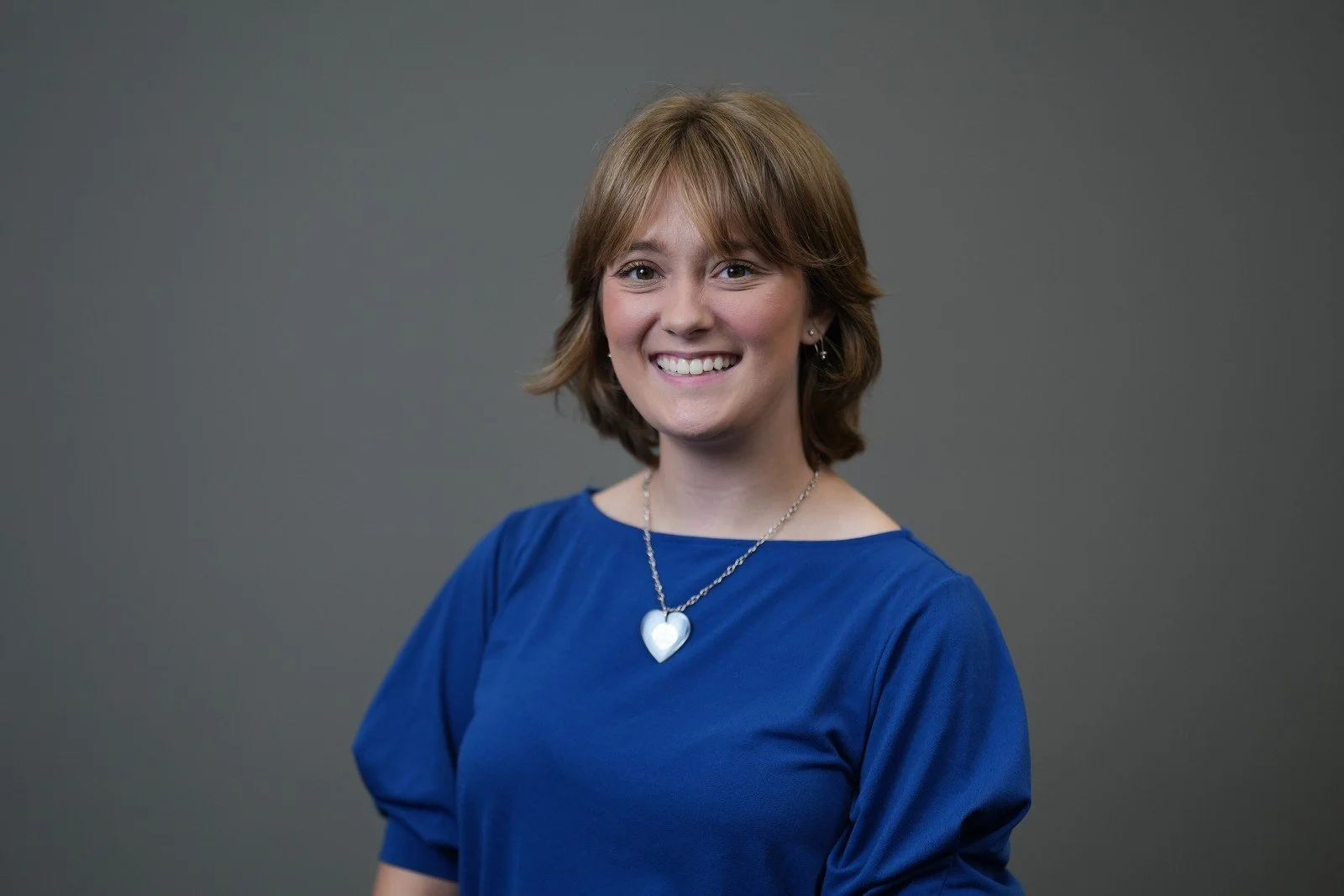Lizzie Shumba, Esther Lupafya and Rachel Bezner Kerr
Rachel Bezner Kerr
professor, dept of Global development, cornell university and LAB Coordinator
Rachel Bezner Kerr is a development sociologist with a background in soil science and international development. She does participatory research in Africa with rural communities on agroecological approaches. She is serving as Lead Author for the agriculture and food chapter (17) for Working Group II (Impacts, Adaptation and Vulnerability) of the upcoming 7th Assessment Report of the Intergovernmental Panel on Climate Change (IPCC) and previously served as a Coordinating Lead Author for chapter 5 of AR6, WGII. She previously served as a member of the High Level Panel of Experts, part of the UN Committee for World Food Security, through co-authoring a report on agroecology and other innovations to address food security and nutrition. She is the director of the Development Studies graduate program in Cornell University, and the director of the Institute for African Development of the Einaudi Center at Cornell University.
Dr. Georgina Catacora-Vargas
Georgina Catacora-Vargas
VIsiting Professor, Ithaca College, and Professor
Georgina is a professor, researcher and policy advisor in agroecology, biodiversity, sustainable food systems and peasants’ rights. Through participatory action research, she collaborates with peasant organizations and Indigenous Peoples in these areas. Her transdisciplinary, gender-focused academic work emphasizes on the socio-ecological processes surrounding food, agriculture and the biosafety of modern biotechnology. She has served as an advisor to the Bolivian National Competent Environment Authority for several years, as well as a negotiator in various multilateral environmental agreements under the United Nations, the Andean Community, and MERCOSUR. This has led to her being involved in national and international policy making and implementation in her fields of expertise, including drafting the first National Agroecology Strategy of the Plurinational State of Bolivia. She is currently president of the Latin American Scientific Society of Agroecology (SOCLA) and a member of the International Panel of Experts on Sustainable Food Systems (IPES-Food). She is also part of the advisory team of the Agroecology Fund.
Anjana Ramkumar
Jarvis Fisher
Mira Qi
Mai Ichihara
Cristina Laurenti
Kristina Sokourenko
Amanda Vilchez
Françoise Cattaneo
Lola Schuler
Hanna Lighthall
Emma Davis
Anjana Ramkumar
PhD CANDIDATE, Development Sociology, Cornell University
Anjana is broadly interested in the nexus between agroecology and postcolonial development. Her work explores the eco-social dimensions of agriculture and seeks to understand how agroecological practices contest dominant narratives of development by embracing alternative economies and ecologies of cultivation. Anjana’s dissertation project focuses on the cultivation of heirloom rice varieties in Tamilnadu, India within an agricultural landscape that has been, and continues to be, dominated by high-yielding varieties of the Green Revolution. Her research uses heirloom rice as a lens through which to engage with questions of food sovereignty, decolonisation, and repeasantization. Prior to joining Cornell, Anjana served as an officer in the Climate Change Division of Singapore’s Foreign Service. She subsequently obtained a master’s degree in Geography from the National University of Singapore in 2019.
Jarvis Fisher
PhD CANDIDATE, Development Sociology, Cornell University
Jarvis is interested in agroecology, the food sovereignty movement, and the history of economic and social thought. Through his work, he hopes to better understand the manner by which large-scale sociopolitical and economic conditions and altruistic development interventions contribute to inter-and intra-household differentiation within rural communities.
As a PhD student in Development Sociology, Jarvis is currently researching the political economy of rice and groundnut production in Senegal. His work explores the impact that Senegalese state agricultural policy has had on agrarian social relations and rural laborers’ perspectives on the comparative value of industrial and agroecological farming methods. Prior to his time at Cornell, Jarvis received his MSc in Development Studies from SOAS in 2015. In the years following his master’s degree, Jarvis managed and supervised anti-trafficking programs in West Africa and developed grant proposals to support international gender equality advocacy projects.
Mira Qi
PhD Student, Development Sociology, Cornell University
Mira’s work explores the interplay of state, gender, and agriculture production in shaping agrarian life. Through focusing on agroecology initiatives led by rural women in southwest China, she seeks to better understand the ways in which small farmers cope with or resist pressures that erode smallholder livelihoods, and how their differing livelihood approaches reconfigure the social and ecological relations of production along the lines of class, gender, and generation. Her dissertation project aims to provide key insights into rural women’s role in reshaping China’s agrarian landscapes and rural society, highlighting their struggles and agency. Prior to joining Cornell, Mira received her master’s degree from the University of California, Davis, where she conducted research on the alternative food movement in China.
Mai Ichihara
PhD Student, Development Studies, Cornell University
Originally from Monument, Colorado, Mai is a PhD student in Development Studies researching how farmers, businesses, and institutional expertise are shaping regenerative agriculture in international supply chains. Her work examines a range of approaches to measuring, verifying, and incentivizing soil health and agrobiodiversity, and explores how these activities—and the inequalities they may (re)produce—are unfolding in parts of the U.S. and Latin America. She hopes to understand the governance changes needed for regenerative agriculture to improve socioecological conditions at local and global scales. Mai earned a joint M.E.M. in water resource management and M.A. in global affairs from Yale University, and a B.A. in international relations from The George Washington University.
Cristina Laurenti
PhD student, Development Studies, cornell university
Cristina is a dietitian and agroecologist whose work bridges science, practice, and social movements. She holds a Bachelor’s degree in Nutrition from the University of Turin and a Master’s in Agroecology and Food Sovereignty from the University of Gastronomic Sciences in Pollenzo. Her experience moves between hands-on farming, research, and advocacy. She spent two years working in a farmers’ cooperative in Sicily, deepening her understanding of territorial food systems and collective practices. She previously worked in the Food System Science Department at FiBL (Switzerland). Since 2021, Cristina has served on the Board of Directors of Agroecology Europe, coordinating the Youth Network. In this role, she has contributed to position papers, policy dialogues with the European Commission, and youth-led mobilisations across European forums and conferences. In 2022, she co-founded RHEA, a non-profit organisation accelerating the healthcare transition in Europe by connecting food, health, and ecosystems. Her current research and advocacy explore the health impacts of feminist agroecology, challenging reductionist paradigms of health and promoting a systemic, community-based, and decolonial understanding of wellbeing. Cristina is passionate about linking agroecology to social justice, gender equity, and the right to health, grounding her work in both lived practice and collective action.
Kristina Sokourenko
PhD student, Development studies, Cornell University
Kristina’s research examines how informal food systems sustain urban life under conditions of ecological and economic precarity. Her work focuses on Lagos, Nigeria, where she studies small-scale fisheries and informal waterfront settlements to understand how food environments, gendered labor, and governance shape access to affordable and nutritious diets.
Through an ethnographically informed and systems-oriented approach, Kristina situates fisheries within broader questions of food sovereignty, climate adaptation, and urban metabolism. Her work aims to illuminate the resilience and structural importance of informal seafood networks in securing protein access for rapidly growing coastal megacities. At Cornell, Kristina contributes to global efforts to measure and monitor diet quality and the cost of a healthy diet, working with partners across the Food Systems Dashboard, the Food Prices for Nutrition project, and the Global Diet Quality Project.
Amanda Vilchez
PhD student, Communications, Cornell university
Originally from Peru, Amanda Vilchez is a transdisciplinary scholar with a background in biology and social science. Over the years, she has examined participatory research processes and outcomes focused on human-wildlife relationships, working hand-in-hand with rural and urban communities across Peru. She is currently studying the interaction between Traditional Ecological Knowledge and Western science in collaborative spaces to co-create an understanding of traditional agricultural practices. For her dissertation, she is working with Peruvian farmers from the Inca Sacred Valley and scientists on the participatory analysis of vampire bat guano use for maize seed treatment.
Françoise Cattaneo
Françoise is a Ph.D. student in International Nutrition in Dr. John Hoddinott’s Lab. Her dissertation research focuses on food choices and diet quality of adolescents in Bangladesh, using mixed methods approaches. Prior to joining Cornell, she worked with the Global Alliance for Improved Nutrition (GAIN) on the Innovation for Health and Planet team. She holds a M.Sc. degree in Nutritional Epidemiology and Public Health at Wageningen University & Research (WUR) (The Netherlands, Kenya) and a B.Sc. in Biomedical Sciences and Global Health from Boston University (USA, Switzerland). Françoise speaks English, French, Italian, and is learning Bangla.
Lola Schuler
senior undergraduate in environment and sustainability, cornell university
Lola is a senior undergraduate at Cornell University, majoring in Environment and Sustainability with a concentration in Environmental Governance and Policy and a minor in Community Food Systems. She has a passion for sustainable food systems and environmental policy. For the past three years, Lola has served as a Community Assistant with Soils, Food, and Healthy Communities (SFHC), supporting projects that advance food security and gender equality through agroecology. Lola also is currently collaborating with Dr. Bezner Kerr on the Agile4Climate project which is aimed at understanding what climate and weather tools are available for farmers in developing countries. Lola is overall interested in understanding how we can develop more equitable and sustainable food systems in our world.
Hanna Lighthall
Hanna Lighthall, from Croghan, New York, is a junior at Cornell University majoring in Global Development with a concentration in Food Systems and Agriculture and minoring in Horticulture. Her research interests focus on agroecology, food security, and improving food accessibility worldwide. In winter 2025, she participated in a faculty-led program in Malawi with Dr. Rachel Bezner Kerr, visiting and collaborating with the Soils, Food and Healthy Communities organization (SFHC). She is currently contributing to AGILE for Climate (Agroecology Gender-Transformative Living Labs for Climate Resilience, AGILE4Climate), conducting a literature review and supporting research aimed at strengthening climate resilience and equitable, sustainable food systems. Connect with her on LinkedIn: www.linkedin.com/in/hanna-lighthall.
Emma Davis
MPH student, Masters in public health program cornell university
Emma is interested in how regional food systems can support community health and resilience. She is currently working on a collaborative research project comparing alternative grain networks in Scotland and New York State. Emma is pursuing a Master of Public Health with a concentration in Food Systems at Cornell University. Prior to attending Cornell, she farmed organic grains, beans, and forage crops in Montana and Wisconsin. She worked on a farm that had recently established a community stoneground flour mill to support growers in the Upper Midwest. Through her experiences, she has seen firsthand how ecologically driven practices can improve soil health and ecosystems while strengthening the social fabric and resilience of rural communities.


